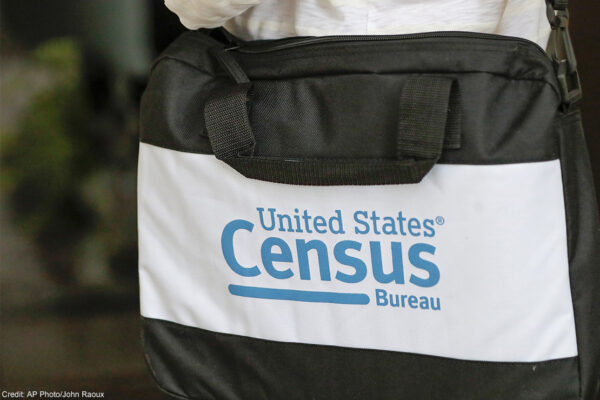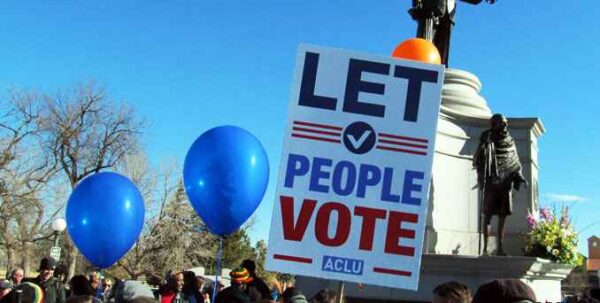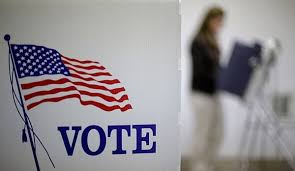ACLU Intervenes In Georgia Voting Rights Act Challenge
FOR IMMEDIATE RELEASE
CONTACTS: (212) 549-2666; media@aclu.org
WASHINGTON – The American Civil Liberties Union, the ACLU of Georgia and the Lawyers' Committee for Civil Rights Under Law (Lawyers' Committee) filed a motion late yesterday in a Washington, D.C. federal court to intervene in a challenge to the Voting Rights Act brought by the state of Georgia. The civil rights coalition is defending the constitutionality of Section 5 of the Act and challenging the state's flawed and racially discriminatory voter-registration practices.
Section 5 has protected racial and language minorities' access to voting across the South and the nation since 1965 and requires some states with a history of discrimination in voting procedures to submit new procedures for federal review before they are implemented.
"The many U.S. citizen minority voters in Georgia who were incorrectly flagged as non-citizens under the state's voter-verification procedures can attest to the fact that discrimination in voting continues and the need for Section 5 remains," said Laughlin McDonald of the ACLU Voting Rights Project.
The coalition filed the motion to intervene in the case, Georgia v. Holder, on behalf of the Georgia State Conference of the National Association for the Advancement of Colored People (NAACP); Georgia Association of Black Elected Officials; Coalition for the People's Agenda; Georgia State Rep. Tyrone Brooks; Edward Dubose, President of the Georgia State Conference of the NAACP; and Helen Butler, Executive Director of the Coalition for the People's Agenda.
The state's questionable voter-registration procedures rely on error-ridden government databases for citizenship verification and require birth certificates and other documents as proof of citizenship that many people, especially students, minorities and the elderly cannot easily access.
Shortly before the last presidential election, the procedures in place at the time resulted in thousands of U.S. citizens being incorrectly flagged as non-citizens and subject to being denied the right to vote. A federal court in Georgia blocked the procedures in October 2008 pending Section 5 review after a coalition of voting rights groups, including the ACLU and Lawyers' Committee, challenged them in a lawsuit, Morales v. Handel.
In May 2009, the Department of Justice blocked the procedures that mandated the use of the flawed voter-verification databases after review under Section 5, citing their discriminatory impact on minority voters.
"Without Section 5's preclearance protections, there is no doubt that racial and language minorities in Georgia and other covered jurisdictions would be subject to new forms of discrimination in voting," said Robert A. Kengle, an attorney with the Voting Rights Project of the Lawyers' Committee.
"These flawed procedures would burden or deny the right to vote to many thousands of eligible Georgia voters," said Chara Fisher Jackson, Legal Director of the ACLU of Georgia. "We are confident that the federal court in the District of Columbia will block Georgia's discriminatory election procedures and uphold the Voting Rights Act."
Attorneys on the case, Georgia v. Holder, include McDonald and Meredith Bell-Platts of the ACLU Voting Rights Project, Fisher Jackson of the ACLU of Georgia, Art Spitzer of the ACLU of the Nation's Capital, and Kengle, Jon Greenbaum and Mark A. Posner of the Lawyers' Committee.
The motion for intervention can be found online at: www.aclu.org/voting-rights/georgia-v-holder-memo-support-motion-intervene
The DOJ letter blocking the state's voter verification procedures can be found online at: www.aclu.org/voting-rights/morales-v-handel-letter-civil-rights-division-acting-assistant-attorney-general-georgi
Related Documents



